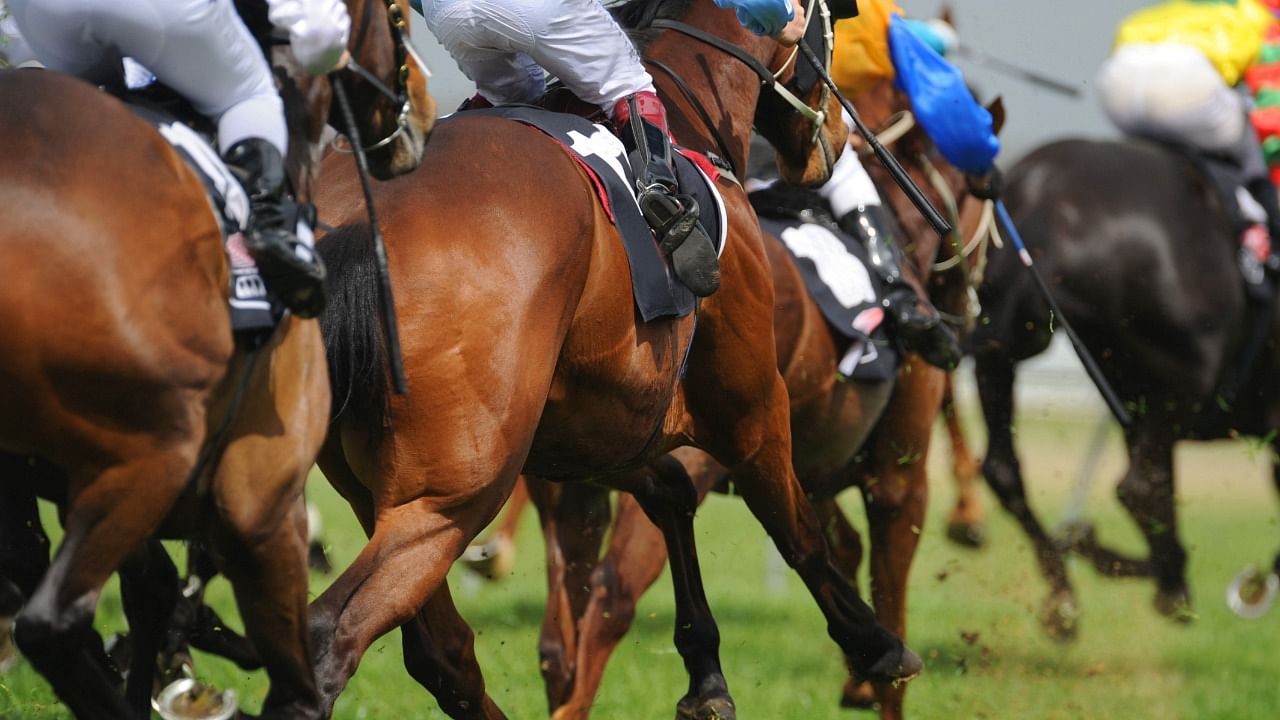A morning walk within the Bengaluru Racecourse is an experience. I am in the company of horses, walking, trotting, cantering and galloping. It provoked me to meditate on the ways these thoroughbreds have contributed to human thought and speech.
Proverbs are our legacy. The horses have contributed in no small measure to this legacy. “Don’t look a gift horse in the mouth” meaning don’t find fault with a received gift. This is a proverb attributed to Heywood since 400 AD. “Don’t put the cart before the horse” is a classic example of what is “preposterous”; a back to front imagery, known as “hysteron proteron,” namely what should come first is placed second, e.g. “putting on one’s shoes and socks.” “Don’t shut the stable door after the horse has bolted” a proverb that is in vogue since 1390, which simply means that it is futile to take precautions when the damage has already been done. “Don’t change horses midstream,” meaning it is far from wise to change your leader or your basic position mid-way through a campaign or a project, is a saying from Abraham Lincoln’s speech of 1864. “Straight from the horse’s mouth” simply means getting credible information from authoritative sources attached to a racehorse before racing. This is “insider information,” so to say. “If wishes were horses, beggars would ride,” a nursery rhyme dating back to 1628, suggests that if only wishing could make things happen, then, even the destitute would have all that they desire for.
Coming to Hindu mythology, Hayagriva is a horse-headed avatar of Lord Vishnu. It is said that Hayagriva saved the sacred Vedas from the demons and restored them to Lord Brahma. The genuineness of the restored work was indubitable because it was mediated through a horse, an authoritative source, after all.
One of William Shakespeare’s most famous horse-based quote comes from his play Richard III. The King after losing his horse in the battle exclaims, “A horse, a horse, my kingdom for a horse.” In 'Much Ado About Nothing', Benedick retorting to Beatrice’s verbal slight, quips, “I would my horse had the speed of your tongue.”
“Horsepower” is a great compliment paid to this noble animal species by none other than James Watt, the inventor of the steam engine who measured the capability of a big horse to pull the load on its back. Last but not the least, “crazy horse", if you are unworldly, you need to be told that that is the name of the famous Parisian night club. How can you miss it?
